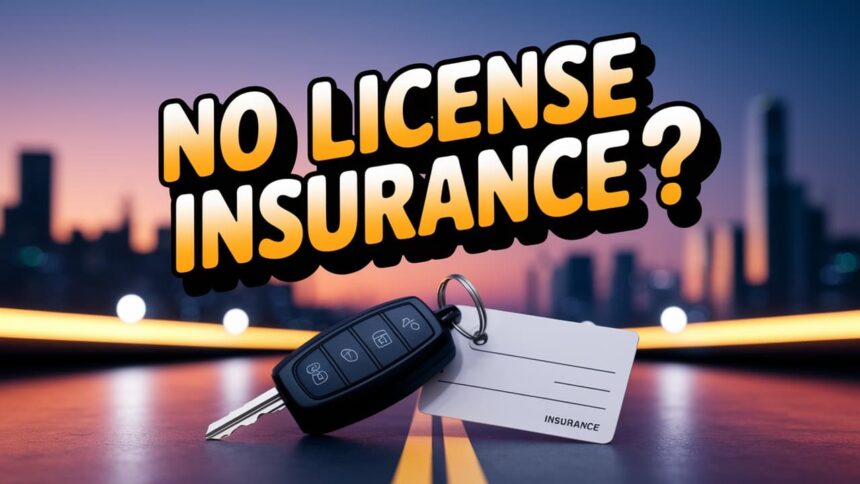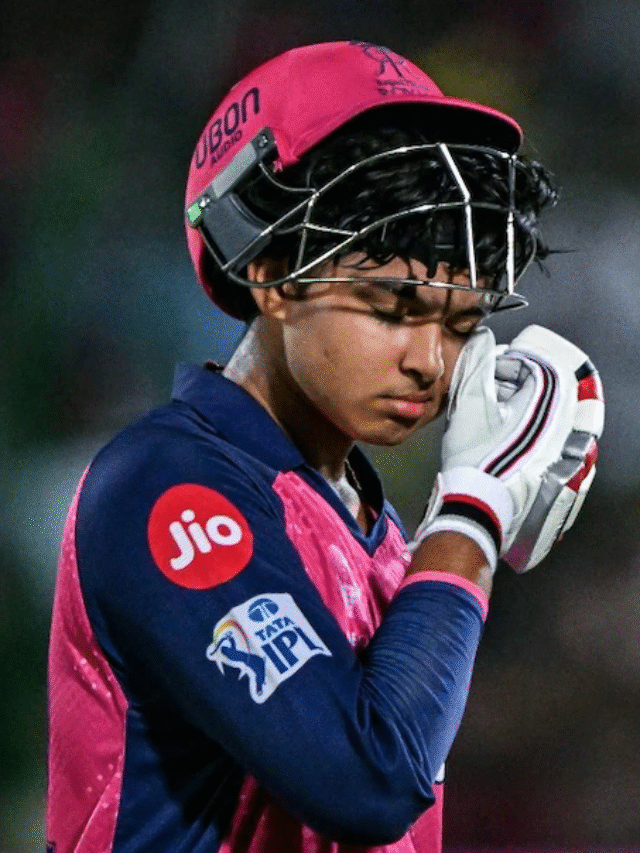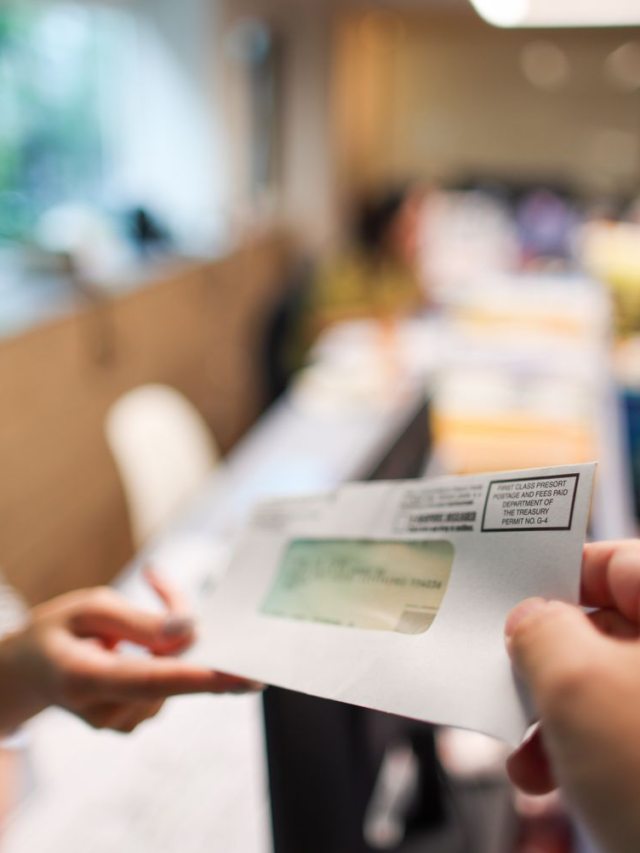A driver should always carry both auto insurance and a valid driver’s license, as operating a vehicle without either is considered illegal. But this raises an important question: Can you get car insurance without a license? While a few states may have exceptions that allow drivers to sidestep certain auto insurance requirements, it’s still illegal to drive without a valid license.
However, there are some situations where you can register a vehicle and even obtain insurance without holding a driver’s license. Our team conducted in-depth research to uncover the details and exceptions related to getting car insurance without a license.
Can You Buy Car Insurance Without a Driver’s License? Here’s How
Believe it or not, it’s possible to get car insurance even if you don’t have a driver’s license—though it’s not always straightforward. Insurance providers have their own rules and qualifications, and some may refuse to offer coverage if you’re not a licensed driver. Others might still insure you, but with extra conditions or paperwork, especially if you’re listing someone else as the primary driver.
Since requirements can vary widely between companies, speaking with a licensed insurance agent can help you understand your options and find the right provider. To help you get started, we’ve outlined a few important steps and considerations for securing insurance and registering your vehicle without a license.
Is Car Insurance Necessary If You Don’t Have a Driver’s License?
If you don’t currently have a valid driver’s license and have no plans to drive anytime soon, you probably don’t need car insurance. Since it’s illegal to drive without a license, insurance is generally intended for those who actively operate a vehicle. However, if you own a car that someone else will be driving—like a family member or caretaker—most states still require you to carry at least the minimum amount of liability coverage. In such cases, having insurance ensures you’re meeting legal obligations and protecting yourself financially in case of an accident.
Why You Might Still Need Car Insurance Without a License
Even without a valid driver’s license, there are situations where having car insurance still makes sense. Here are some common reasons and what to consider in each case:
1. Health Issues Keep You from Driving
If you can’t drive due to a medical condition, it’s still smart to keep insurance—especially if your car is in storage. A basic policy can protect your vehicle from theft, fire, or damage while it’s parked.
2. You Plan to Drive Again Later
Letting your insurance lapse can lead to higher rates down the road. Keeping coverage active can help you avoid penalties when you’re ready to drive again.
3. Someone Else Drives Your Car
If friends or family use your car, you’ll still need insurance. You can list another person as the main driver and exclude yourself from the policy.
4. You’re a Student or Have a Learner’s Permit
Teen drivers learning to drive typically need to be insured—even without a full license. Insurance companies often add them to a parent’s policy at no extra cost until they’re fully licensed.
5. You Bought a Car for Your Teen
If you’re gifting a car to your underage child, they’ll need insurance to drive it—but minors can’t sign their own policies. As the legal owner, you can insure the car and list your child as the primary driver.
6. You Own a Classic or Vintage Car
Even if you never drive it, a vintage or collector car still needs coverage. Comprehensive insurance can protect it from weather damage, theft, or vandalism—even in storage.
7. Your License Is Suspended
If your license was suspended due to a DUI or traffic offense, you may need to file an SR-22 or FR-44 form to show proof of insurance before you can get it reinstated.
Frequently asked questions
Can I get car insurance if I don’t have a driver’s license?
Yes, in some cases you can. While not all insurers offer coverage to unlicensed drivers, some companies will let you get a policy if you have a valid reason—like owning a car others will drive or having a suspended license.
Why would someone need insurance without a license?
You might need it if someone else drives your vehicle, you own a collectible or stored car, your license is suspended, or you’re buying a car for a family member under 18.
Will insurers ask why I don’t have a license?
Yes, most companies will want to know the reason. Your explanation helps determine eligibility and which types of coverage you may need.
Can I insure a car under my name but have someone else drive it?
Yes, this is often done by listing another person as the primary driver and designating yourself as an excluded driver on the policy.
Can a teenager be the primary driver on my policy if I don’t drive?
Yes, but since minors usually can’t enter legal contracts, the insurance policy must be in your name (as the parent or guardian), with your teen listed as the primary driver.
What if my license is suspended—can I still get insurance?
Yes, and in many cases, you must get insurance (usually with an SR-22 or FR-44 filing) to have your license reinstated, depending on your state.
Do I need insurance if my car is in storage and I don’t drive it?
It’s a good idea. Comprehensive insurance can protect your stored car from theft, fire, weather, and other non-driving-related damage.
Can I buy insurance to register a car if I don’t have a license?
In many states, yes. Some DMVs require proof of insurance before registering a vehicle—even if you don’t plan to drive it yourself.
Is it more expensive to get insurance without a license?
It can be. Since unlicensed drivers are considered higher risk or unusual cases, some insurers may charge more or offer limited coverage options.
Which companies offer insurance to unlicensed drivers?
Not all insurers do, but some national and specialty providers may offer coverage based on your situation. It’s best to speak with a licensed agent who can help you compare options.
Disclaimer: This article is for informational purposes only and does not constitute legal or insurance advice. Insurance requirements and laws vary by state and individual circumstances. Always consult a licensed insurance agent or legal professional for guidance specific to your situation.





